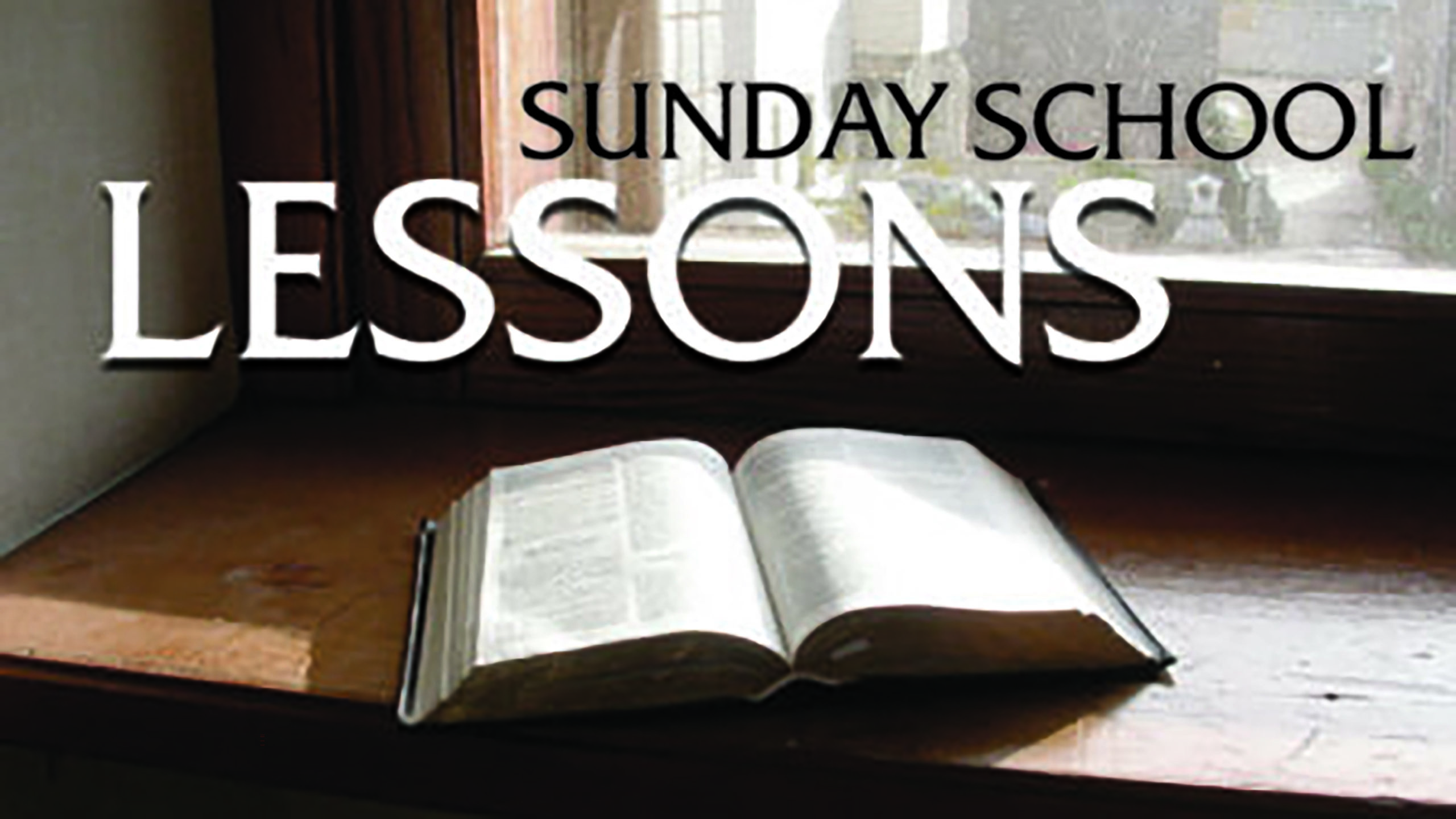What Time Is It?
Ecclesiastes 3:1–15
In the 1960s, the pop group The Byrds had a hit song, “Turn! Turn! Turn!” Written by Pete Seeger, the lyrics are based on this passage in Ecclesiastes: “To everything, (turn, turn, turn) there is a season (turn, turn, turn), and a time to every purpose under heaven.”
Time is a precious commodity. There is no way to make more time, so we have to use the time we have wisely. It has been said that everyone has the same amount of time in a day; it’s a matter of how we use it.
In our text this week, Solomon is writing about time. As Solomon continues his quest to find the meaning of life, he begins to think about time. He recognizes the wise person stewards time, realizing God controls all things.
Time and place (1–8)
Solomon uses a list of opposites and points out that each has a time and place in life. He writes, “There is an appointed time for everything.
There is a time to give birth and a time to die; A time to plant and a time to uproot what’s planted.
A time to kill and a time to heal;
A time to tear down and a time to build up.
A time to weep and a time to laugh;
A time to mourn and a time to dance.”
Solomon uses polar opposites in a multiple of seven. The number seven represents completeness, and the style of opposites represents totality. Solomon uses this to affirm that all a person’s activities happen in their time.
So, there is a time for everything. Notice that the text speaks of a balance in life. Solomon says there is a time to weep and also a time to laugh. There is a time to mourn and a time to dance. Life is not all about mourning or dancing or weeping or laughing. There is a time for everything.
For example, we work but we also have leisure activities. Someone may question why we have leisure. Why don’t we use all our time for work? But we all need time for both. There is a time for everything under the sun.
Enjoy life (9–13)
Solomon says, “God has placed eternity in our hearts.” That phrase reflects that man is different from the rest of God’s creation. Man knows there is something more to life than what we can see and experience. This is referred to as the afterlife.
The afterlife, or life beyond the grave, is a central teaching of Christianity. It is what sets Christianity apart from other faiths. The Bible teaches that one day, Jesus Christ will return. When He does, everyone on Earth who is a believer will be raptured into heaven with the Lord and believers who have preceded us in death.
This promise provides hope; the Apostle Paul referred to it as “the blessed hope” (Titus 2:13). Man’s ability to comprehend events of the future has set “eternity in his heart.”
God works (14–15)
God is sovereign, which means He is in control of the universe, and everything is being done to accomplish His purpose. God’s work is eternal and perfect.
Time is precious. Paul challenged, “make … the most of your time because the days are evil” (Eph. 5:16). Recently, a friend of ours died of COVID-19 complications. As I spoke with his wife, she said, “I don’t know what plans you and Holli have, but whatever it is, do it.”
Time is precious and short. We need to use it wisely.
By Gregg Potts, D. Min.
Potts served as a pastor for more than 30 years in Mississippi and Georgia.





